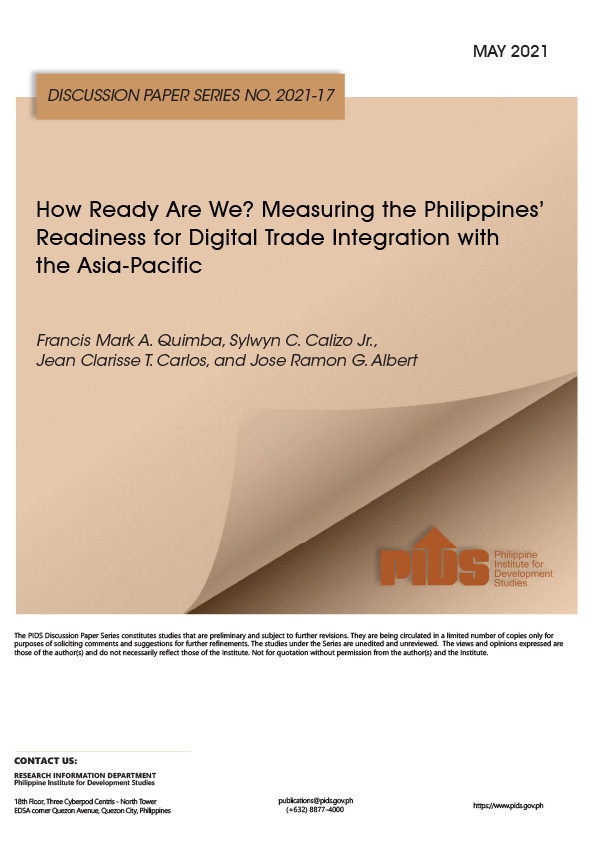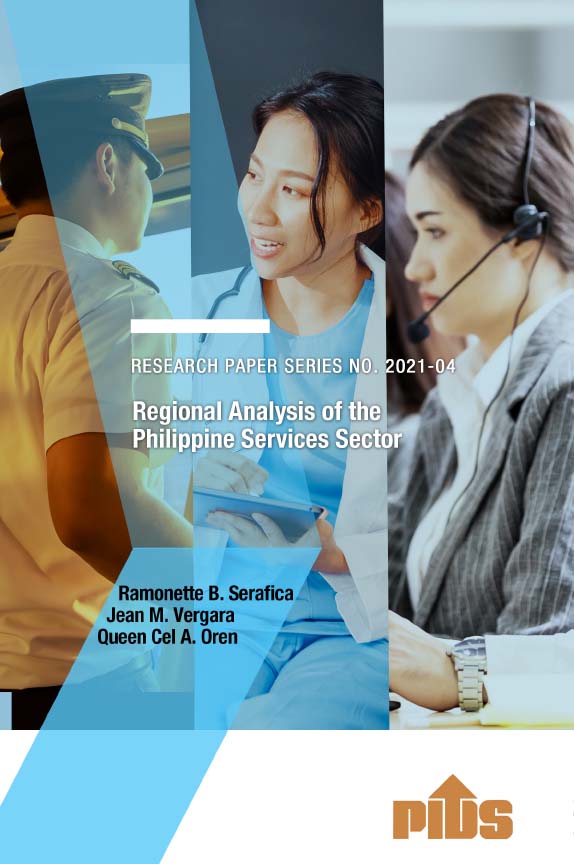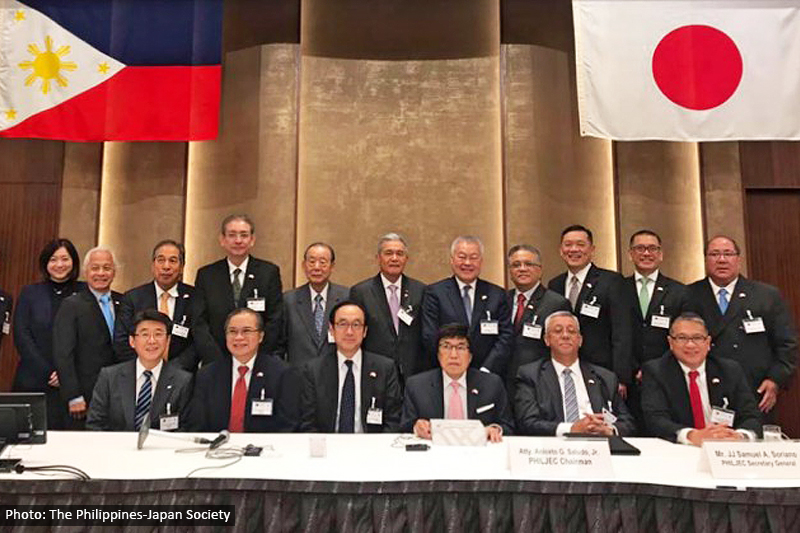Social enterprises in the Philippines are resurging, but the domestic policy environment is yet unresponsive to such growth, calling for greater government help in enabling them to contribute to inclusive growth, state think tank Philippine Institute for Development Studies (PIDS) said.
The government needs to understand better the context of social enterprise operations by doing rigorous research, given that social enterprises are now promoted globally as major agents of inclusive growth and sustainable development, PIDS said in a discussion paper.
“Unlike traditional enterprises, social enterprises engage in for-profit activities with more active and deliberate action towards raising the quality of life of the vulnerable and marginalized communities. In many of the countries/regions, social enterprises have different forms but the common feature of these enterprises is the focus on the community and the use of market-based approaches to address social issues,” it said.
The country will benefit from well-developed social enterprises with nongovernment organizations (NGOs) instrumental in the rise and resurgence of social enterprises in the country, according to PIDS.
“It can be told that the concern of NGOs for sustainability matched by their development focus have yielded new development initiatives that included social enterprises among others. This change among NGOs is happening not only in the Philippines but in other countries as well (e.g. Indonesia, India, Bangladesh, etc.),” it said.
The success of some social enterprises in raising profits and in empowering and transforming communities has popularized the use of social enterprises in the country, PIDS noted.
It has captured the interest of non-NGOs, primarily small-scale investors seeking to help disadvantaged communities or groups gain sustainable livelihoods, it added.
PIDS, however, noted the definition of “social enterprises” has yet to be harmonized in the country. Social enterprise is currently defined as “a social mission-driven organization that conducts economic activities, providing goods and services directly related to their primary mission of improving the well-being of the poor, basic and marginalized sectors and their living environment.”
Adopting this broad definition of social enterprise can lead to confusion since social enterprises are made distinct from philanthropy by the need to generate profit for self-sufficiency and sustainability. It is also distinguished from corporate social responsibility (or CSR) in terms of motivation and form.
“So far, there is no comprehensive data to assess the size of social enterprises in the country. A rapid survey conducted by the Institute for Social Entrepreneurship in Asia (ISEA) in 2013 reported about 30,000 organizations that can be broadly classified as social enterprises (ISEA and Oxfam 2015),” it said.
Of these enterprises, only about 15,000 could be considered as social enterprises with the poor as primary stakeholders who can be classified based on organization and form such as social cooperatives, fair trade organizations, microfinance institutions and trading and development companies.
It might be good to harmonize the definitions to enable government to respond to the needs of the sector. There must be stronger participation by civil society and the private sector in social issues, PIDS said.
“Social entrepreneurship programs have also been established in academic institutions and private foundations, enabling social entrepreneurs to become more equipped with relevant knowledge and networks (both local and international). This environment should be nurtured so that social entrepreneurs can emerge in sufficient number,” it said.//
Social enterprises growing, need govt support — PIDS












